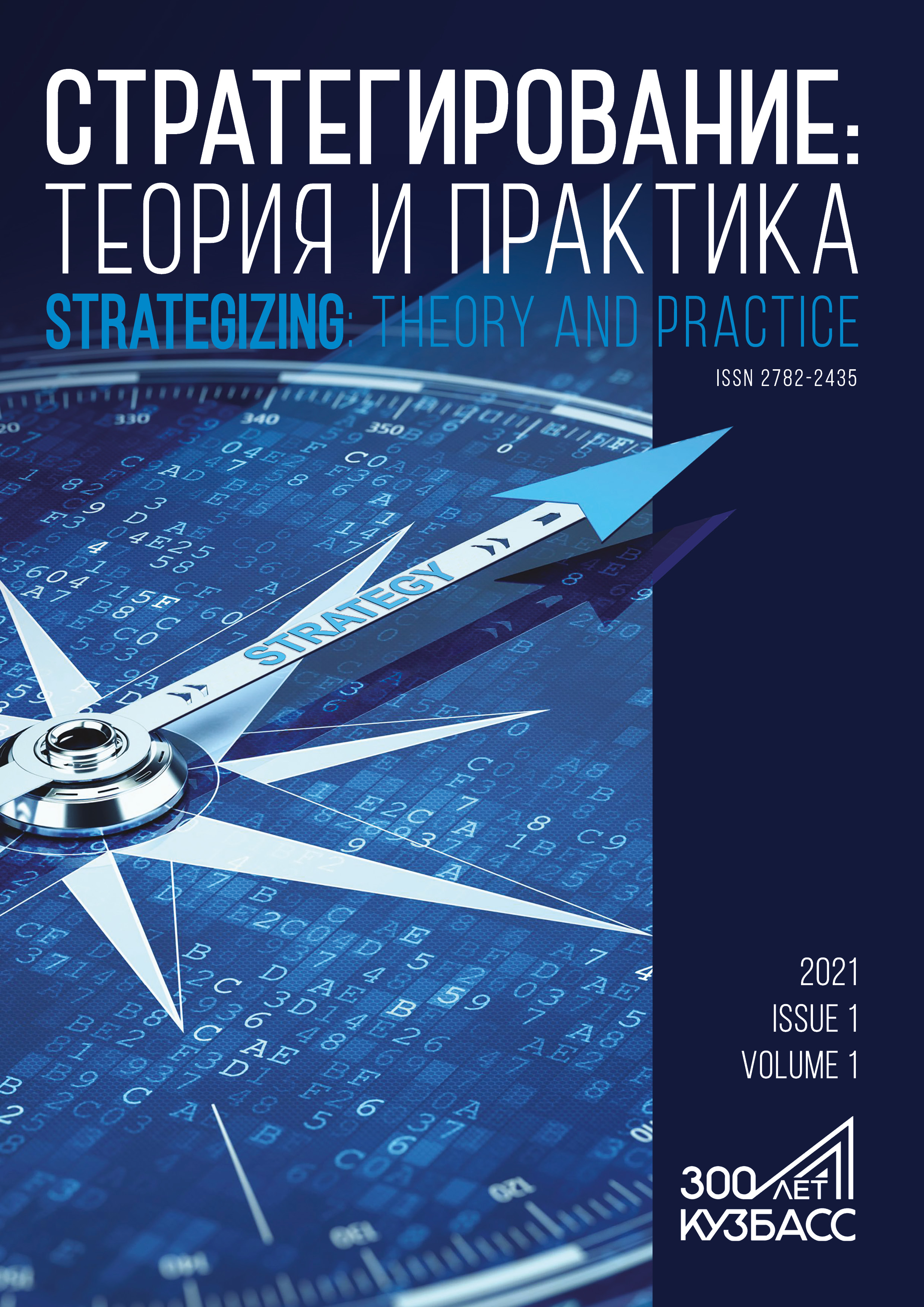Apatity, Russian Federation
In the recent past, the open market policy of Russian economy encouraged a close cooperation between domestic and foreign companies. As a result, some Russian companies became technologically dependant on foreign technologies. As the foreign policy situation grew more and more complicated, the Russian oil and gas complex had to face the problem of import substitution. The technological support of the Russian Arctic energy complex has become one of the most relevant state issues as Russia strives to overcome the economic and technological sanctions imposed by the US and the European Union.
technological independence, sanctions, import substitution, Arctic, energy projects
1. Zolotukhin AB, Ermakov AI, Mishchenko IT, Vovk VS, Shkhinek KN. Basics of the offshore oil and gas field development and construction of marine facilities in the Arctic. Moscow: Neftʹ i gaz; 2000. 770 p. (In Russ.)
2. Romasheva N, Dmitrieva D. Energy resources exploitation in the Russian Arctic: Challenges and pro-spects for the sustainable development of the ecosystem. Energies. 2021;14(24). https://doi.org/10.3390/en14248300
3. Chanysheva A, Kopp P, Romasheva N, Nikulina A. Migration attractiveness as a factor in the develop-ment of the Russian Arctic mineral resource potential. Resources. 2021;10(6). https://doi.org/10.3390/resources10060065
4. Dmitrieva D, Romasheva N. Sustainable development of oil and gas potential of the Arctic and its shelf zone: The role of innovations. Journal of Marine Science and Engineering. 2020;8(12). https://doi.org/10.3390/jmse8121003
5. Shchegol'kova AA, Ul'chenko MV. Reproduction of natural gas reserves in the Russian Arctic: Eco-nomic aspect. Izvestiâ Sankt-Peterburgskogo gosudarstvennogo èkonomičeskogo universiteta. 2018;113(5):113-120. (In Russ.)
6. Kutuzova M. V osvoenii shelʹfa Statoil opiraetsya na mestnyy biznes [Statoil relies on local business for shelf development]. Neftʹ Rossii [Russian Oil]. 2006:30. (In Russ.)
7. Sochneva IO. Arctic resources and opportunities for their development. Arctic: Ecology and Economy. 2015;20(4):70-77. (In Russ.)
8. Agarkov SA. Globalʹnye tendentsii osvoeniya ehnergeticheskikh resursov rossiyskoy Arktiki: v 2 ch. CH. I. Tendentsii ehkonomicheskogo razvitiya rossiyskoy Arktiki [Global trends in the development of energy resources in the Russian Arctic: in 2 volumes. Vol. I. Trends in the economic development of the Russian Arctic]. Apatity: Kola Science Centre of the RAS; 2019. 170 p. (In Russ.) https://doi.org/10.25702/KSC.978.5.91137.397.9-1
9. Novak A. Okno vozmozhnostey dlya Rossii [Window of opportunity for Russia]. Neftegazovaya vertikalʹ [Oil and Gas Vertical]. 2018;(1):20-26. (In Russ.)
10. Tsukerman V, Fadeev A, Kozlov A. Algorithm for implementing the import substitution strategy when exploiting hydrocarbons on the Arctic shelf of the Russian Federation. IOP Conference Series: Earth and Environmental Science. 2019;302(1). https://doi.org/10.1088/1755-1315/302/1/012111
11. Katysheva E, Tsvetkova A. Institutional problems of domestic technologies creation for exploitation of hard-to-recover oil reserves in Russia. International Multidisciplinary Scientific GeoConference Sur-veying Geology and Mining Ecology Management. 2018;18(5.3):523-530. https://doi.org/10.5593/sgem2018/5.3/S28.067
12. Katysheva E, Tsvetkova A. The future of oil and gas fields development on the Arctic shelf of Russia. International Multidisciplinary Scientific GeoConference Surveying Geology and Mining Ecology Management. 2017;17(53):935-940.
13. Komkov NI, Sutyagin VV, Volodina NN. The need for a targeted approach to the development of the Arctic. MIR (Modernization. Innovation. Research). 2015;6(4-1):78-87. (In Russ.) https://doi.org/10.18184/2079-4665.2015.6.4.78.87
14. Pilyasov AN, Putilova ES. New projects for the development of Russian Arctic: Space matters! Arctic and North. 2020;(38):21-43. (In Russ.) https://doi.org/10.37482/issn2221-2698.2020.38.21
15. Vopilovskiy SS. Infrastructure projects - general resource for increasing the economic potential of the Arctic. Arctic and North. 2021;(43):19-31. (In Russ.) https://doi.org/10.37482/issn2221-2698.2021.43.19
16. Lavissière A, Sohier R, Lavissière MC. Transportation systems in the Arctic: A systematic literature re-view using textometry. Transportation Research Part A: Policy and Practice. 2020;141:130-146. https://doi.org/10.1016/j.tra.2020.09.003
17. Tsvetkova A, Gammelgaard B. The idea of transport independence in the Russian Arctic: A Scandina-vian institutional approach to understanding supply chain strategy. International Journal of Physical Distribution and Logistics Management. 2018;48(9):913-930. https://doi.org/10.1108/IJPDLM-05-2017-0200
18. Ketchen DJ, Crook TR, Craighead CW. From supply chains to supply ecosystems: Implications for stra-tegic sourcing research and practice. Journal of Business Logistics. 2014;35(3):165-171. https://doi.org/10.1111/jbl.12057
19. Smirnova NV, Rudenko GV. Tendencies, problems and prospects of innovative technologies imple-mentation by Russian oil companies. Journal of Industrial Pollution Control. 2017;33(1):937-943.
20. Dutov AV. Arkticheskiy tsentr: kto obespechit sozdanie obʺektov slozhnoy morskoy tekhniki [Arctic Center: who will ensure the creation of complex marine equipment facilities]. Neftegaz.RU. 2013;(5):78-81. (In Russ.)
21. Kvint VL. Kontseptsiya strategirovaniya. T. 1 [The concept of strategizing. Vol. 1.]. St. Petersburg: SZIU RANKhiGS; 2019. 132 p. (In Russ.)




